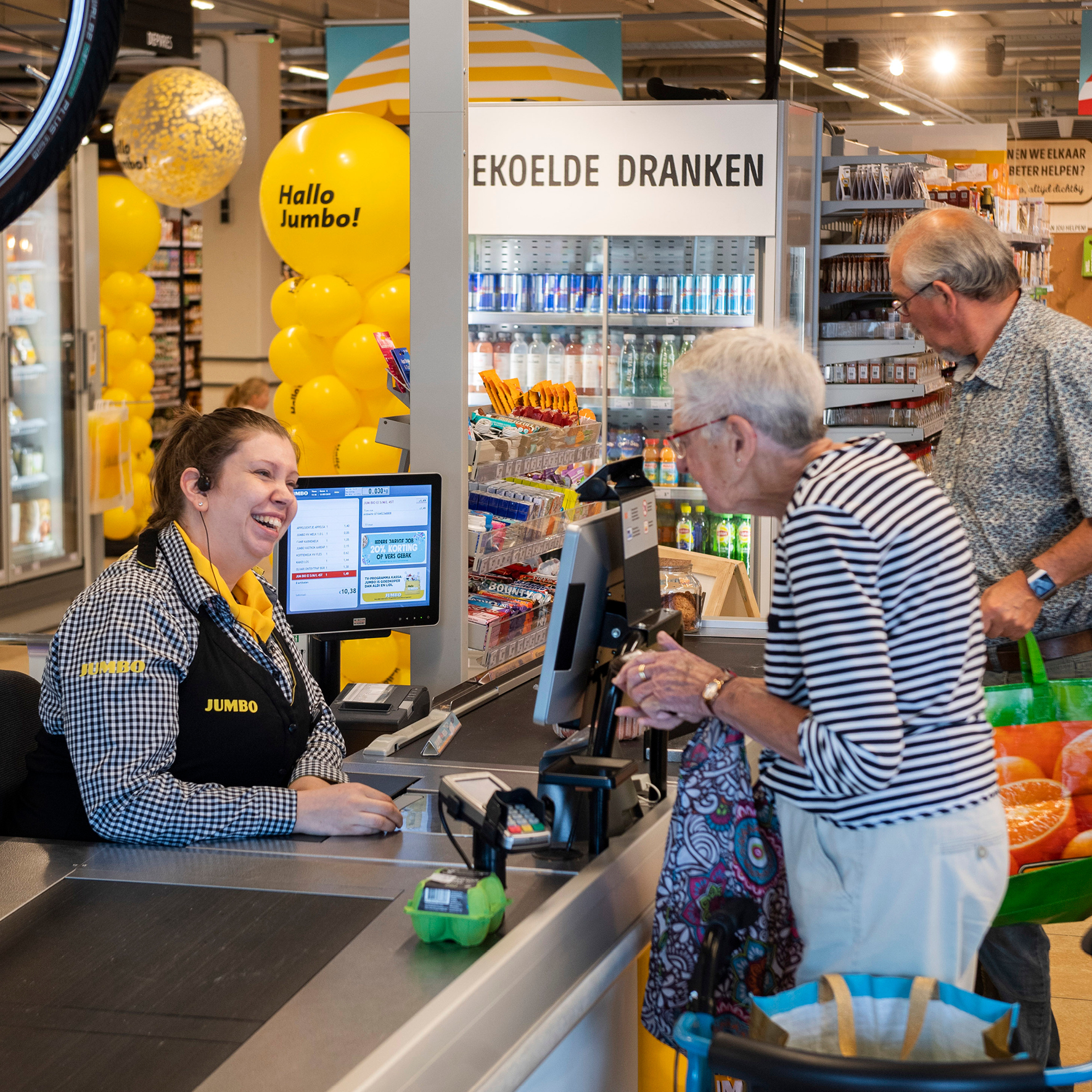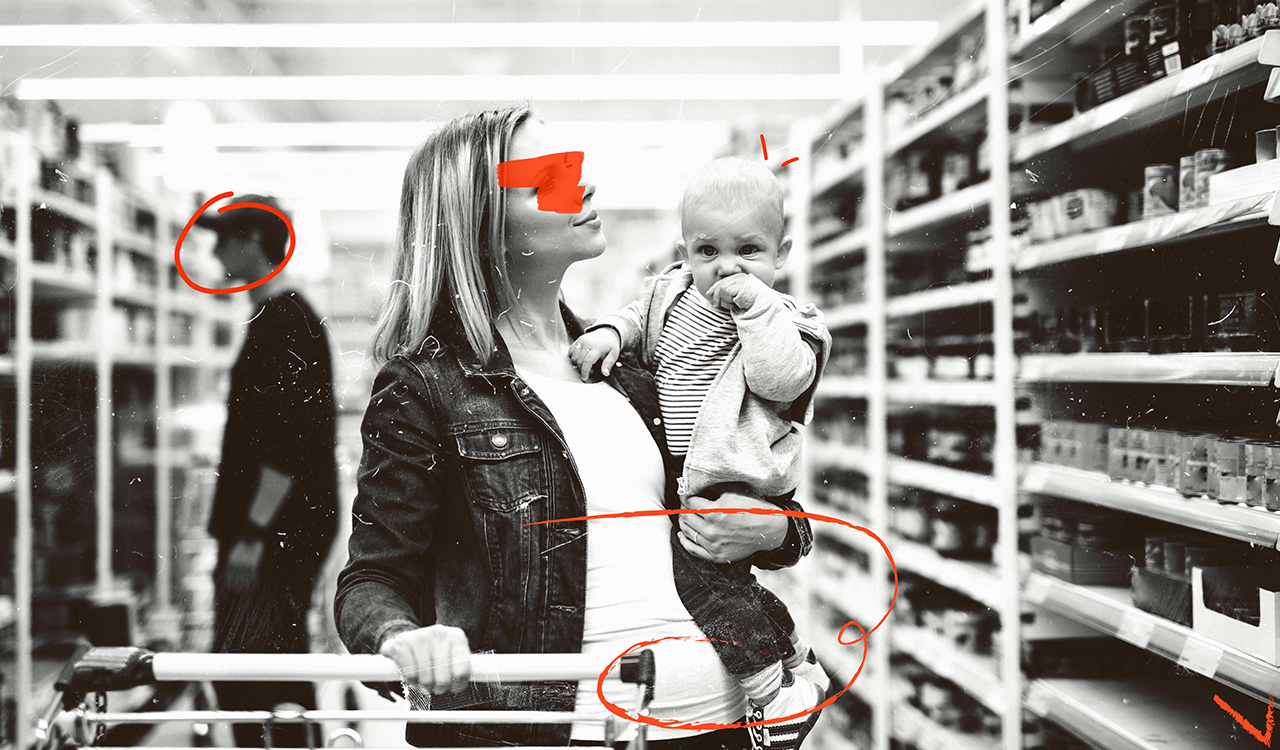Express lines. Self-checkout. Online virtual orders. Contactless checkout. But slow-moving, chit-chat checkout lines?
Yes, bucking the trend of shorter, faster, and more efficient shopping – the descriptive terms that have been the hallmarks of the modern consumer retail experience over the past decade or more – is a burgeoning phenomenon that is becoming known as Slow Retail.
It’s a movement that has actually been something of a runaway success in Europe. Or shall we say, a walkaway success? Perhaps leisurely strollaway success is more apt. In any case, it’s a concept that is catching on big time across the Atlantic.
Both in the Netherlands and France, these dedicated slow-moving chat-lanes are marked for only those who want to talk with cashiers. While there are no specific time limits for the customer, the trained cashiers cum kibitzers try to keep the chats to a reasonable length and respect those waiting in line for their chance to palaver. These molasses-like chat lanes come at no extra cost to the consumer.
The Slow Food Movement
With so much of retail having migrated in whole or in part to online or via technology-powered, human-less self-service kiosks, the social experience of shopping has lost much of its mojo. For many, like 21st century teenagers who even avoid answering their mobile phones and preferring texts, the elimination of needless banter and human interaction in everyday shopping engagements is a welcome subtraction to their daily lives. But for others – particularly older shoppers – the cost of all this speed and efficiency has turned the usually socially-rich contours of shopping into an increasingly deeply impersonal endeavor, a soulless transaction.
And for certain markets segments, that’s not good. Fortunately, some market-savvy retail executives in Europe have taken notice of this shortcoming and have cleared a path for a different kind of consumer experience: slow, banter-friendly retail.
European Retail Grocery Execs Smelled an Opportunity
Jumbo, the Dutch supermarket giant with over 700 stores across Belgium and the Netherlands (it sits only behind behemoth Albert Heijn in Dutch grocery market share) recently introduced “chat checkouts,” or Kletskassas as they are known in Dutch, in an effort to target and attract elderly shoppers, stay-at-home moms and dads, and others with enough idle time and who enjoy chatting up the staff while paying for their goods. The idea is that shoppers in the Kletskassas are encouraged to strike up a convo with the cashier, show pictures of the grandkids, talk about a recent doctor’s visit, or share whatever is on their minds as they check out. Cashiers in the Kletskassas are trained to engage in friendly, non-controversial burble and babble. The added personal touch is addressing a major societal concern that is not at all the exclusive domain of the Netherlands – loneliness. And for Jumbo, it has become a core part of their competitive advantage and community engagement strategy.
The move to offer slow checkout has proven so successful that Jumbo plans to install hundreds of these Kletskassas in its stores over the coming few years. And Jumbo is not alone; Carrefour, the French supermarket chain, is following suit with special checkout lanes (the French call them “Blablabla Caisses,” to many, a far more apt descriptor) for people who want to socialize. About 150 of the chain’s French stores have already opened Blablabla Caisses, with plans to have at least one such slow line in every store in the coming months. Other French retailers are also following suit and deploying their own purposely slow yet highly affable checkout lines.
Both in the Netherlands and France, these dedicated slow-moving chat-lanes are marked for only those who want to talk with cashiers. While there are no specific time limits for the customer, the trained cashiers cum kibitzers try to keep the chats to a reasonable length and respect those waiting in line for their chance to palaver. These molasses-like chat lanes come at no extra cost to the consumer.
Slow Retail is Aligned with Jumbo’s Business Values
Colette Cloosterman-van Eerd, the senior Jumbo executive who spearheaded the program in the Netherlands, felt that the introduction of Kletskassas were on brand with Jumbo’s mission and its membership in the Dutch Government’s National Coalition against Loneliness. “Many people, especially the elderly, sometimes feel lonely,” Cloosterman-van Eerd told the British tabloid The Star. “As a family business and supermarket chain, we are at the heart of society. Our stores are an important meeting place for many people, and we want to play a role in identifying and reducing loneliness. We do this in various ways, including our Kletskassas.” (According to official Dutch government statistics, more than 50 percent of people in the Netherlands over age 75 say they feel lonely.)
Even for some shoppers who don’t fit the target demographic, the Kletkassa is a nod to the past – a less hurried time before cellphones, email, and the 24/7 breaking news cycle. Slow checkouts harken back to an era where supermarkets were neighborhood hubs, and a trip to the store was an important moment for connecting with the community.
But it’s not just the shoppers who enjoy life in the slow lane. One of the more unexpected benefits from the chitchat checkouts is the positive effect it’s having on cashiers. Jumbo and Carrefour are finding that many cashiers prefer the more relaxed pace of working in a chatty environment where the key metric is human connection, not sales-per-minute.
The novelty of this slower approach to retail and the success that it is having in the grocery sectors is making executives across Europe think twice about whether the model might be a competitive edge to attracting older customers in other retail markets. From gas stations and home improvement supplies to multi-brand general retailers, slow retail is being given serious consideration by many European retail executives.
Will Slow Retail Gain a Foothold in North America?
The U.S. has an aging population. Some have even labeled boomers who are all now septuagenarians – as the “Silver Tsunami.” Older shoppers will continue to grow as percentage of the retail consumer market, and with that, retailers across all sectors will have to find ways to adapt to and cater to this lucrative slice of the market.
Yet already, the acumen demanded by the high tech component of how retail is currently organized is creating a digital divide along age cohorts. While some companies are looking to right-size their technology offerings to older populations, the move to slow retail marks a completely different approach. It’s an experience that seeks to connect with shoppers on an emotional level – something that no amount of bespoke senior tech is able to replicate.
On the other hand, there is something very Old World about the idea of slow retail that might make its hop across the pond more difficult. Nonetheless, U.S. retail executives would be wise to closely follow the Kletkassas and Blablabla Caisses movement and see if it’s worth running a pilot program. The Dutch and the French might on to something. And making retail a humane, personal experience again has no international boundaries.




